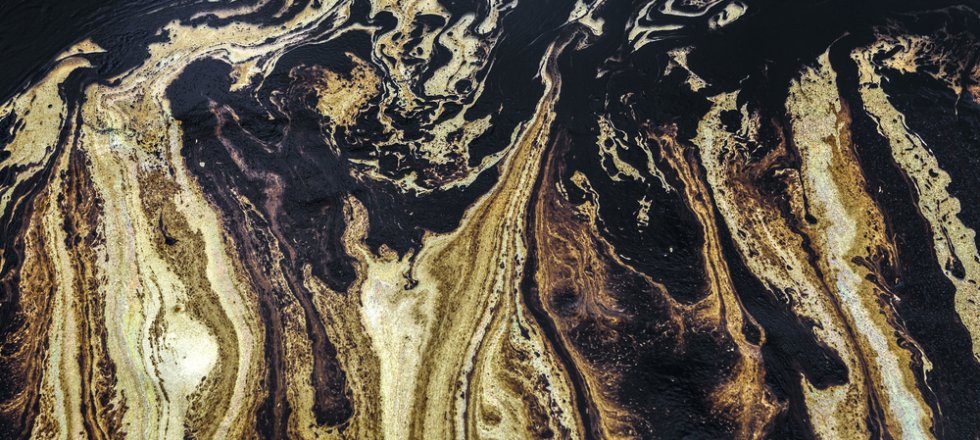Impact of incidents at sea
Our extensive knowledge of the ecosystem of the sea and the impact of human activity on it, means that Wageningen Marine Research can quickly respond to incidents at sea and assess and/or research its environmental impact as well as provide recommendations for possible measures that may limit the environmental impact. We also have historical data at our disposal, including fish and shellfish stocks in the North Sea and Wadden Sea, that could serve as a reference.
Deepwater Horizon
After the explosion of the Deepwater Horizon rig in in 2010, approximately 800 million litres of oil were spilled into the Gulf of Mexico. As part of the C-Image consortium, Wageningen Marine Research conducted research into the formation and environmental impact of oiled marine snow. We identified it had a serious impact on life on the sea floor and indicated the environmental conditions that make an area vulnerable for this type of effect acceleration in case of an oil spill.
MSC Zoe container incident
During a storm early in the morning on 2 January 2019, the container ship MSC Zoe lost at least 345 containers along its shipping route north of the Wadden Sea Islands. Most (over 300) of the lost containers ended up on the seabed with potentially significant consequences for the ecosystem. Wageningen Marine Research is conducting research into these consequences; specifically the impact on shellfish, fish, birds and marine mammals. The spread of plastics and microplastics is an important focus point.
Our solutions
- Historical data for reference which enables us to assess the situation before and after an incident
- Estimating and researching ecological risks of disasters at sea
- Providing recommendations about measures to be taken to limit environmental risks

